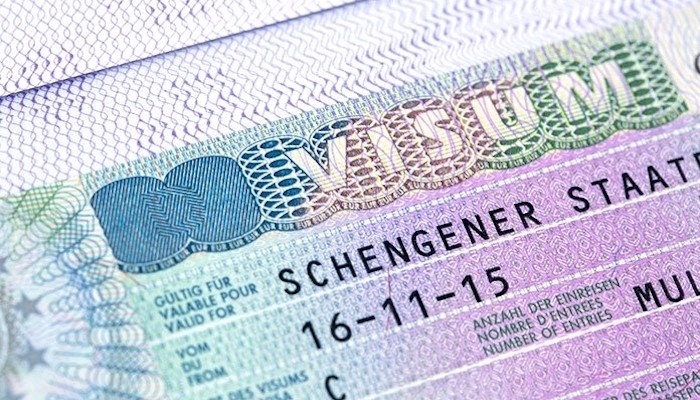The opportunity to file an appeal after a visa rejection will be temporarily suspended for citizens of Turkey, China and Morocco due to a considerable rise in the number of applications, the German Foreign Ministry has announced.
According to a statement from the ministry, now that coronavirus travel restrictions have been lifted, certain visa sections are unable to process applications, leading to long waiting times for available slots.
“In order to create additional capacities for processing visa applications, enabling us to reduce waiting times, we are launching a pilot project in China, Morocco and Turkey in which remonstrations – that is what an objection against the rejection of a visa application is called – will be suspended,” said a statement from the German Foreign Ministry.
The ministry said despite deciding to suspend the remonstrations in visa procedures, the decision on a visa application will be taken based on the same legal basis as before, meaning that as all required documents are submitted, the German missions in these three countries will continue to issue visas.
According to the ministry, remonstrations are a legal remedy granted voluntarily and therefore not statutorily prescribed.
Within the scope of the pilot project, the ministry said it wants to examine whether suspension can help its missions abroad increase the number of applications they process, thus reducing waiting times for all travelers.
The pilot project will run for six months. After that, the results will be evaluated. If the pilot project is successful, the ministry will consider expanding it to include other visa sections.
Germany’s decision to suspend reviewing visa rejections for Turkish citizens among others has come at a time when a growing number of people are complaining about the rejection of their visa applications to Germany.
A special report in May by the Ekonomim news outlet revealed that Turkey has the highest rejection rate among the top five countries in the number of Schengen visa applications — Russia, Turkey, Saudi Arabia, Morocco and Ukraine — the citizens of which have submitted the most applications in the last eight years.
Ekonomim reported claims that Turkey’s rate of rejection for Schengen visa applications, which stood at around 15 percent last year, has climbed as high as 50 percent in 2023, with some countries halting visa applications and others scheduling difficult-to-obtain appointments for months later.
Turkish President Recep Tayyip Erdoğan recently labeled the increase in the Schengen visa rejection rate a form of “political blackmail” and vowed to resolve the issue as soon as possible.
An increasing number of Turks have been seeking refuge in Europe, the US or Canada by securing residence permits either through asylum applications or finding jobs or studying since they see no future for themselves in Turkey or seek to avoid imprisonment for political reasons.
According to data released by the European Union Agency for Asylum (EUAA) in February, Turkish citizens filed a total of 55,000 asylum applications in EU countries, Switzerland and Norway in 2022, making Turks the third largest group of asylum seekers after Syrians and Afghans.

